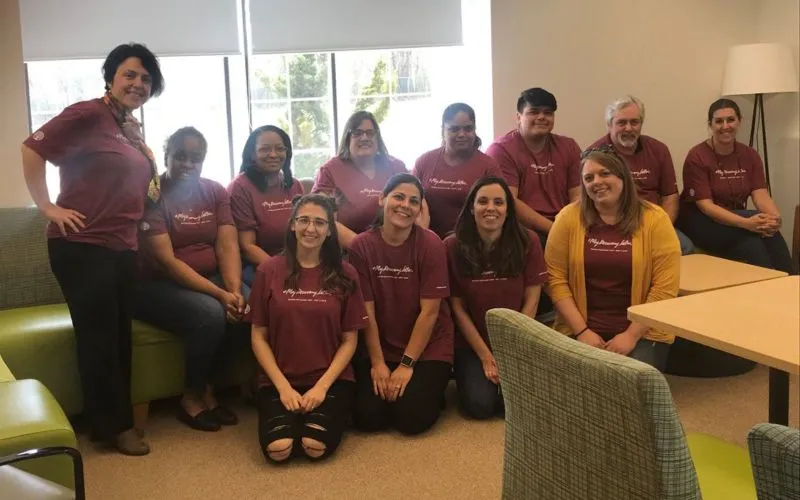Requesting a call is the first step toward recovery. Our team is here to help you 24/7.

Medical Wellness Center


Located in the western suburbs of Chicago, The Eating Recovery Center in Oak Brook offers specialized treatment for children, adolescents, and adults with eating disorders and co-occurring substance use and mental health issues. Their services include intensive outpatient (IOP), partial hospitalization (PHP), residential, and virtual programs. The Eating Recovery Center uses an evidence-based approach to provide each patient with the necessary support to achieve long-term recovery. Their treatment team includes psychiatrists, registered dietitians, family clinicians, nursing support, and educational specialists who are dedicated to helping clients heal in a safe and supportive environment.
The Eating Recovery Center uses a holistic and personalized approach to treat eating disorders, combining medical, psychological, and nutritional support. The center provides treatment for adults, adolescents, and children struggling with anorexia nervosa, ARFID, bulimia nervosa, diabulimia, compulsive overeating, orthorexia, and other specified eating disorders. Their team is trained on evidence-based therapies, providing options for even the most complex cases, and they are involved with eating disorder research.
The clinicians use exposure and response prevention (ERP), cognitive processing therapy (CPT), acceptance and commitment therapy (ACT), dialectical behavior therapy (DBT), cognitive behavioral therapy (CBT), emotion-focused family therapy (EFFT), and family-based treatment-informed care (FBT) to help clients build resilience, navigate stress, and create lasting connections with others. Additionally, they offer group therapy, family therapy, and nutritional counseling to strengthen each client’s recovery.
The Eating Recovery Center in Oak Brook offers individual and group excursions to restaurants, including food exposure sessions at the nearby Oak Brook Mall.
They offer assistance for those traveling out of state and in need of accommodations. The aftercare program provides comprehensive care for alumni to sustain their recovery, including support groups for alumni and family members, reunion events, and resources for further care.

Have Questions? Give Us a Call.